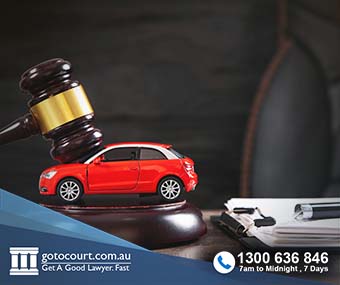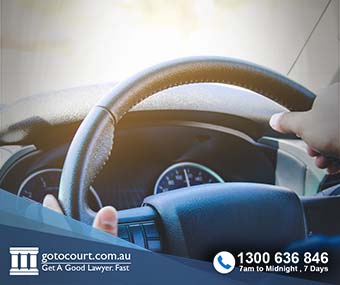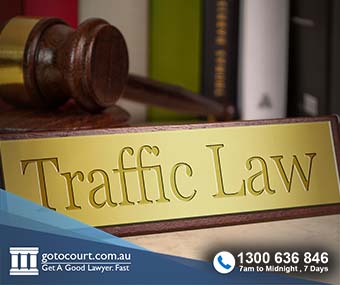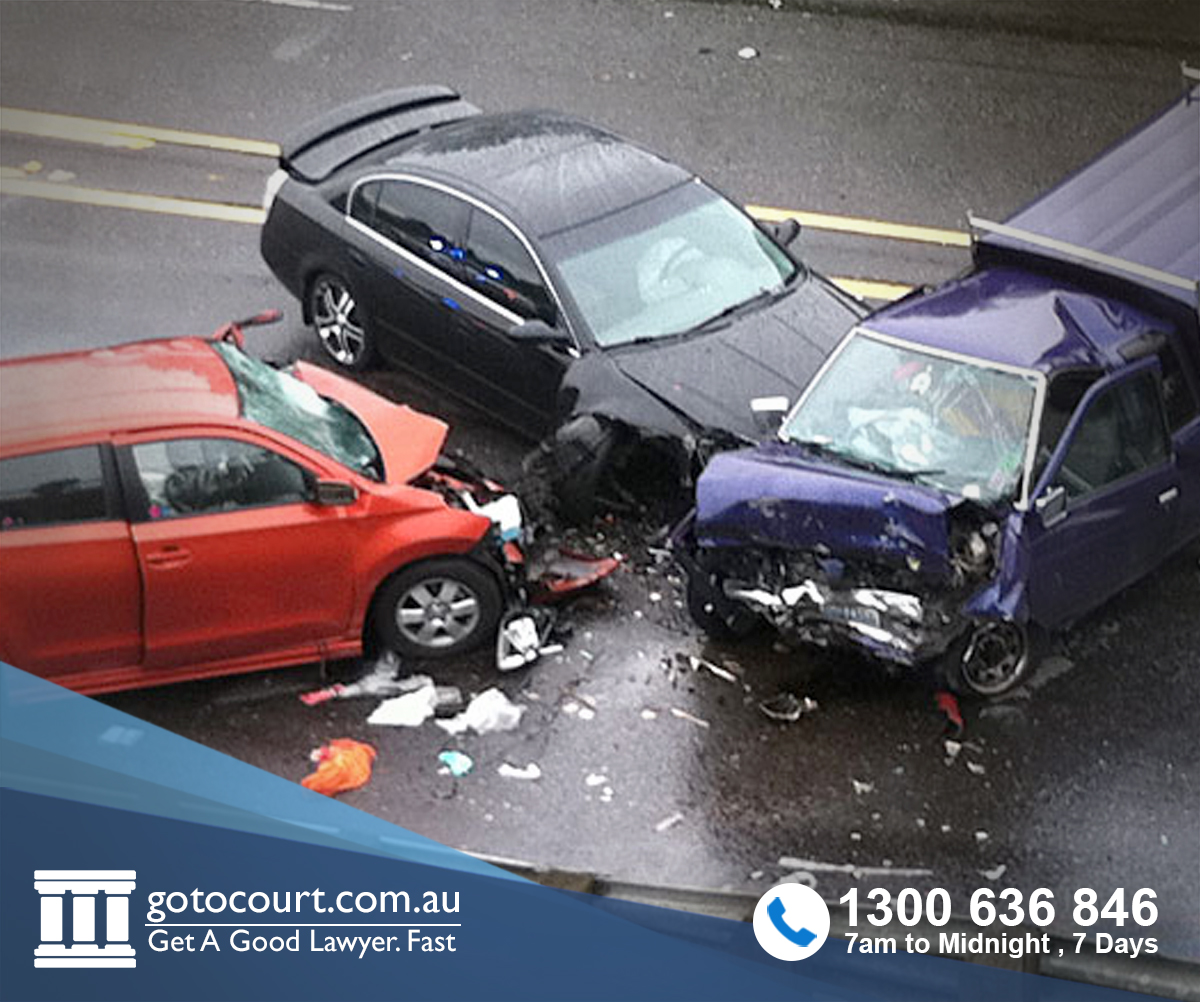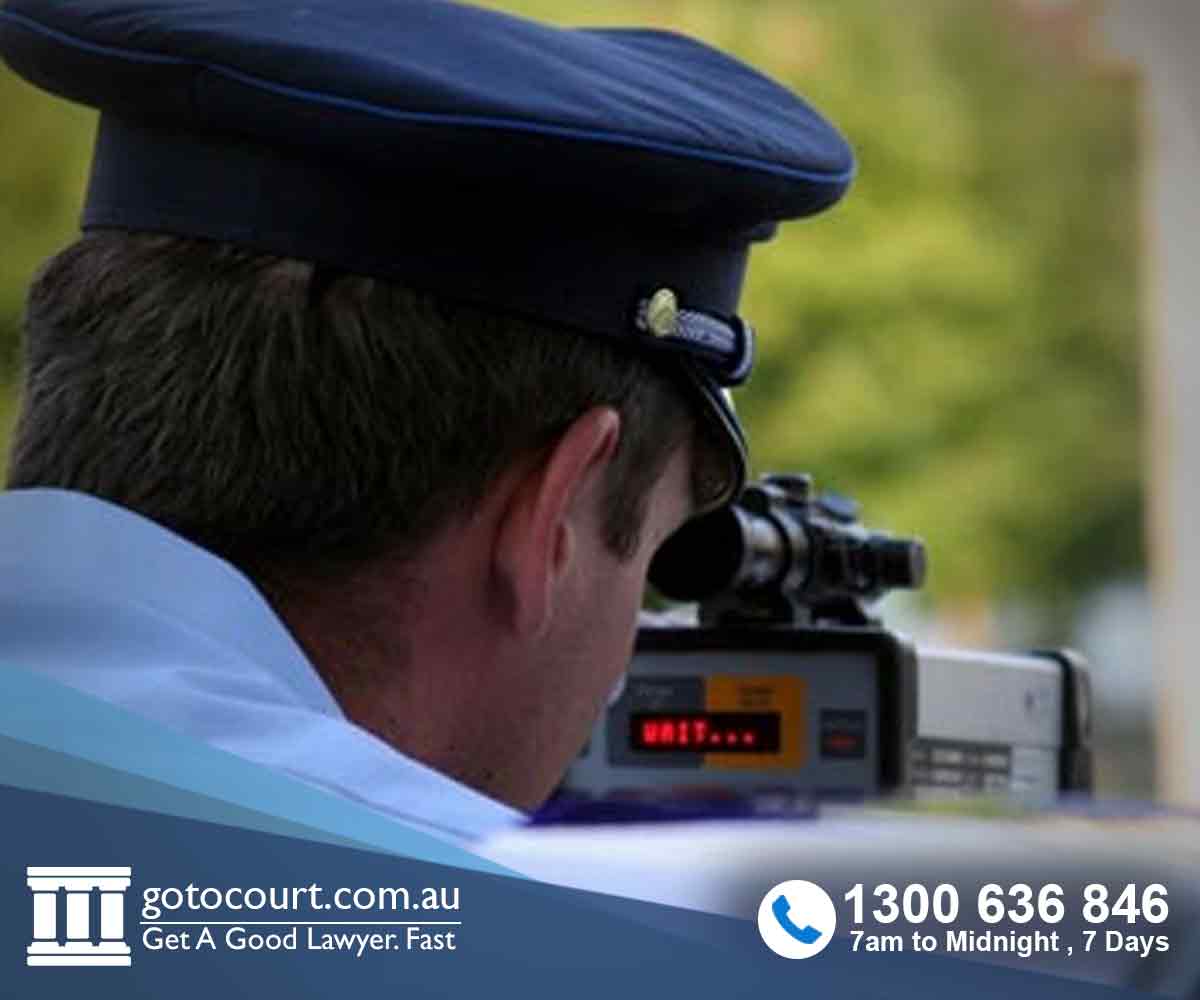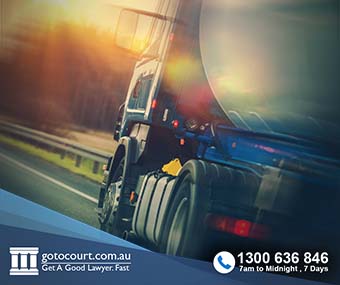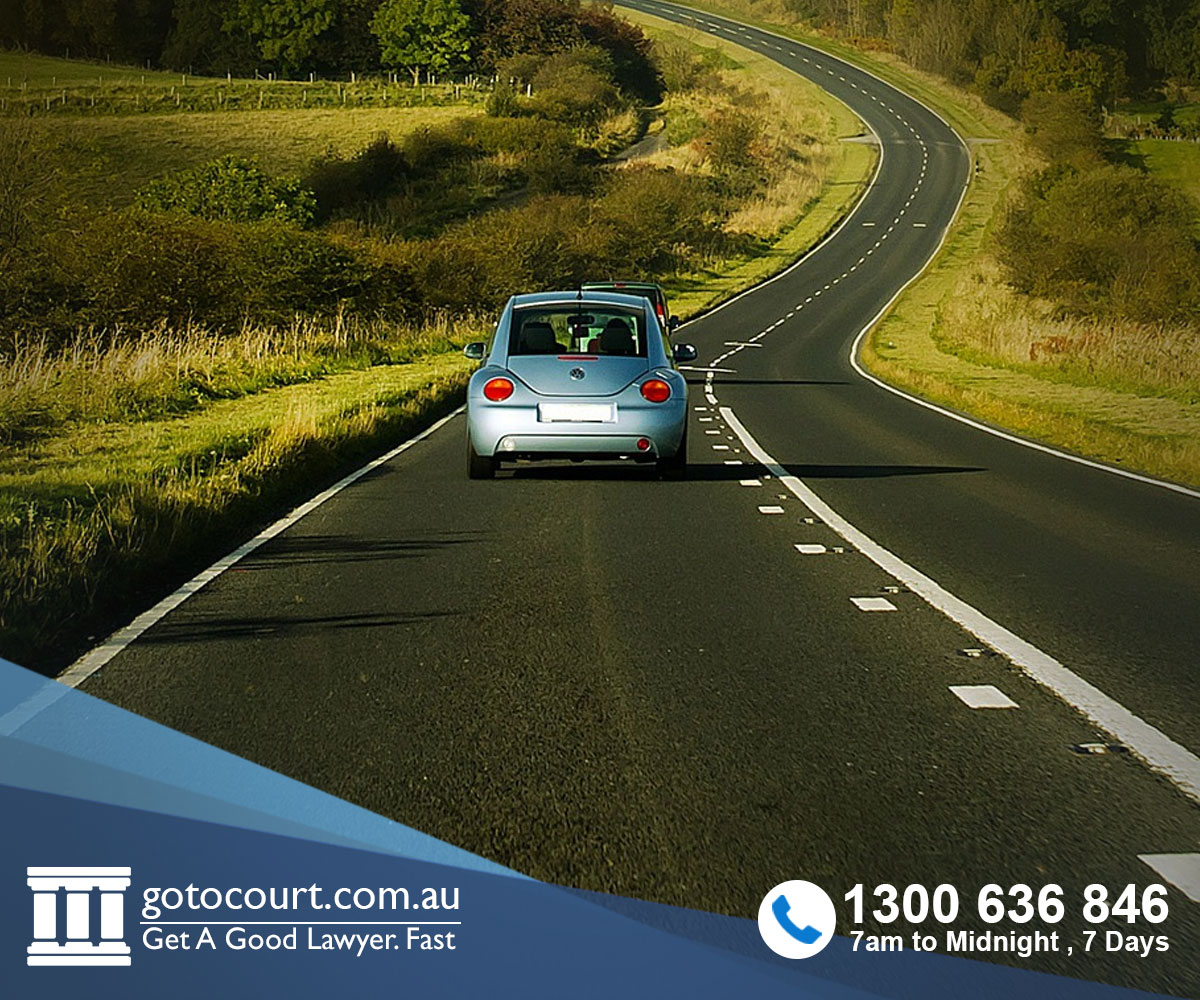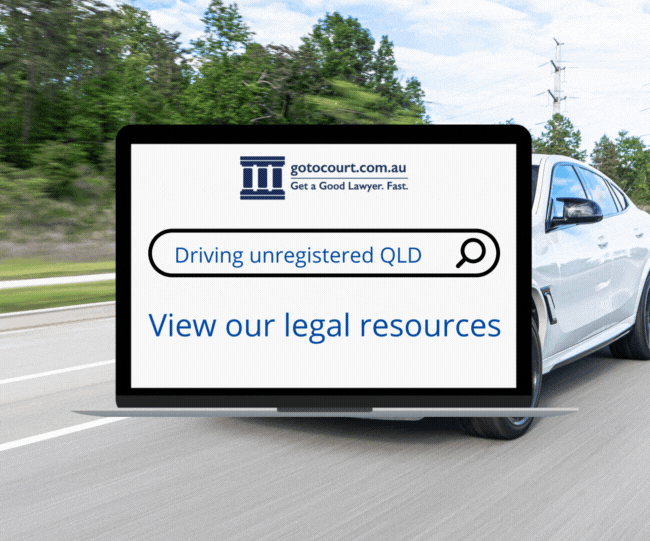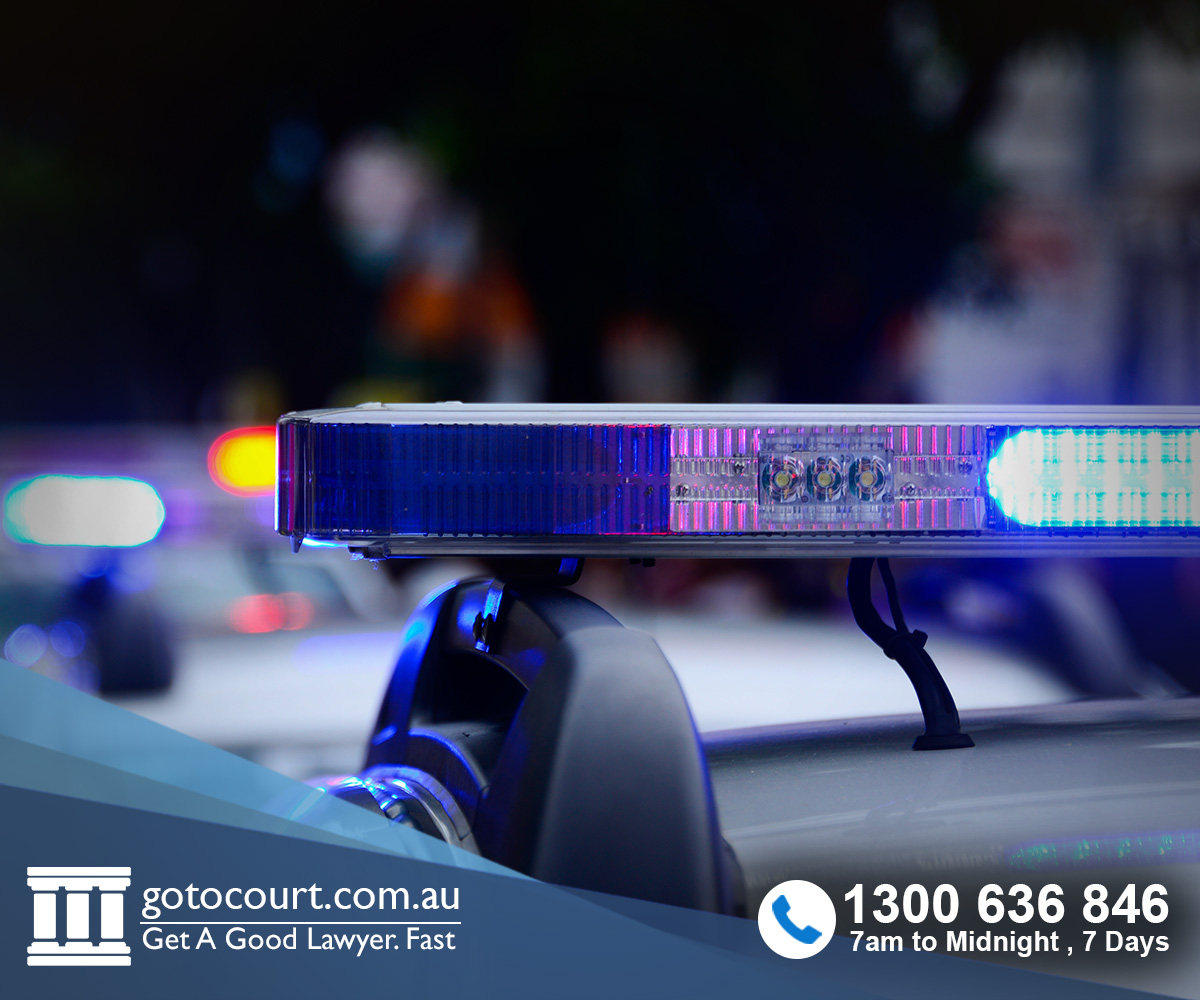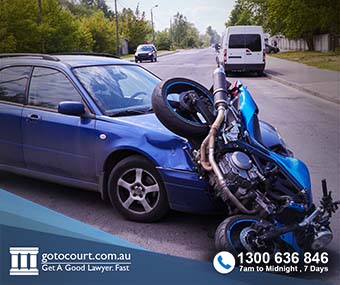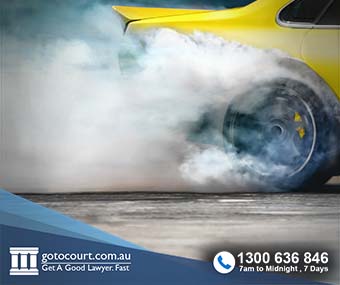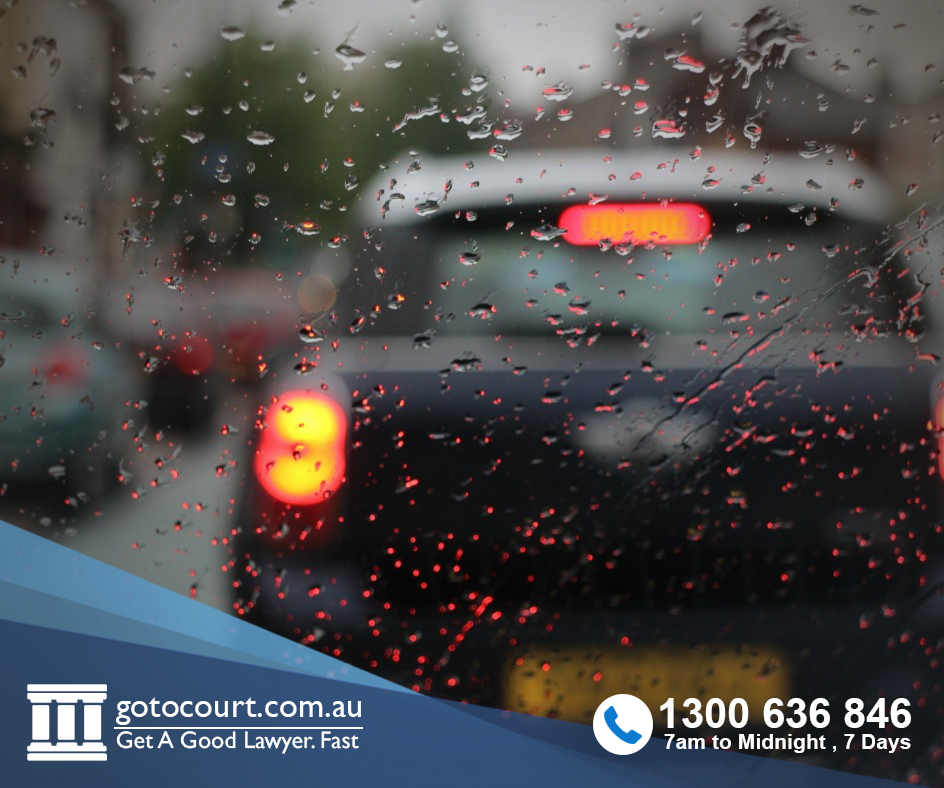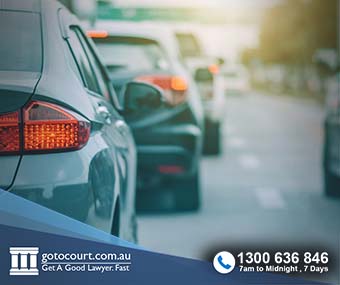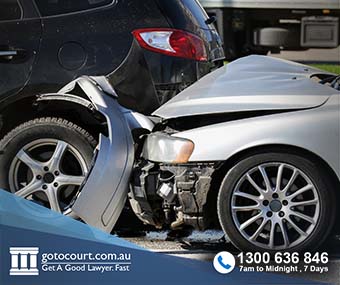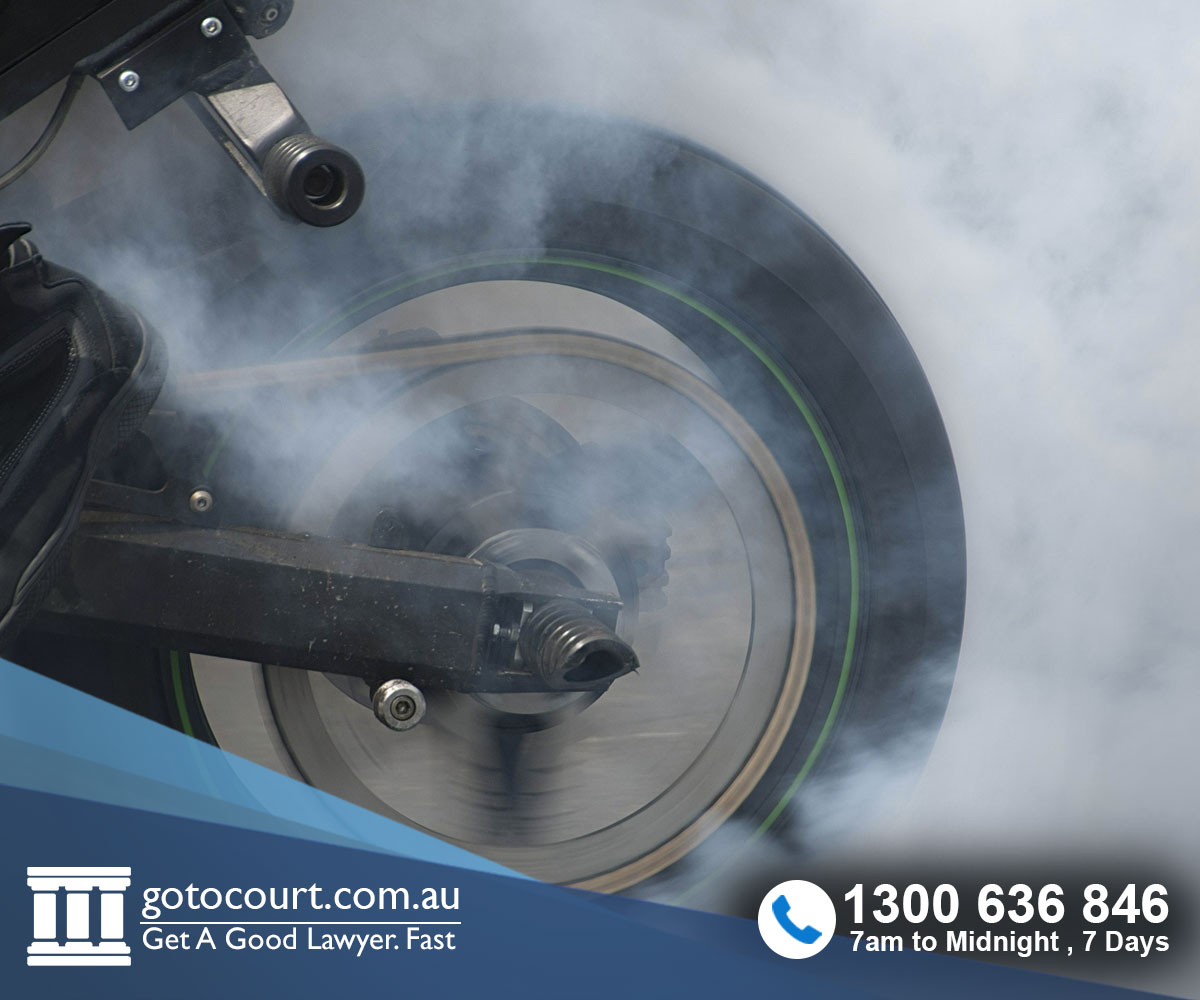Failing to stop for police in NSW
Failing to stop for police in NSW
An alarming number of road fatalities are caused by drivers attempting to flee from the New South Wales police every year. To combat these statistics, the traffic law has been amended to include strict penalties for any motorist on a public road who is caught evading a police direction and more specifically, failing to stop for police in NSW. These penalties include severe fines as well as imprisonment.
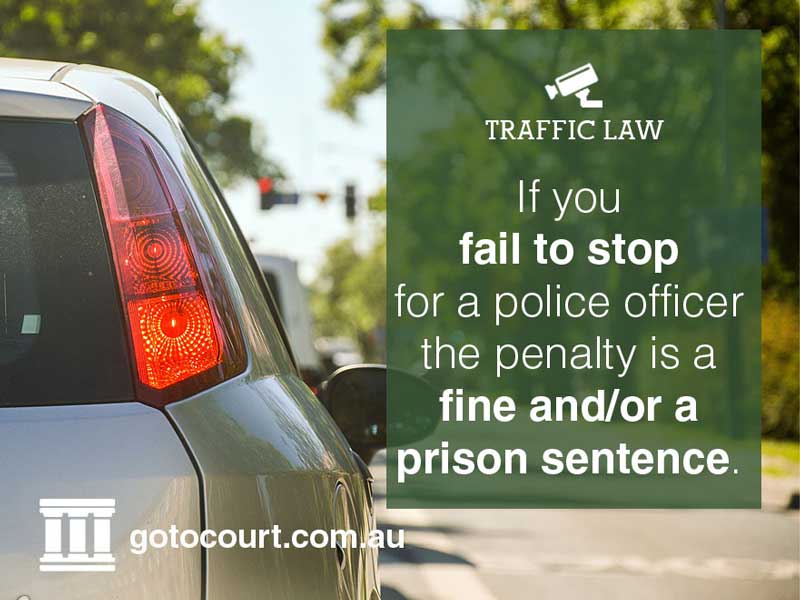
The New South Wales legislation that governs this area of the law is the Law Enforcement (Power and Responsibilities) Act 2002. Under section 38 of the Act, police have the power to give reasonable directions to a motorist driving on a public road in NSW. Section 36A gives police officers the direct right to stop vehicles if they reasonably suspect that a driver of a motor vehicle or a passenger in a motor vehicle is contravening a law of the state.
Failing to stop for police in NSW is an offence under section 39 of the Act. It is also an offence under this section if you fail to comply with any other direction given by a New South Wales police officer. The penalties for these types of offences are quite significant and will be outlined below. If you have failed to stop your motor vehicle for a police officer after a direction to do so, you will be liable to pay a fine of around $5,000. You may also be facing a term of imprisonment of up to 12 months. It is important to note that a court may choose to impose both of these penalties depending on the severity of the infringement. The court will also impose a period of disqualification to the offender’s driver’s licence in addition to any other penalty given.
If you have failed to comply with any other direction by a police officer whilst in control of a motor vehicle, you will also be committing a crime and may be liable to pay a fine and/or serve a term of imprisonment similar to those outlined above.
Identification
Under the New South Wales Act, a police officer can require you to show your identification in certain circumstances;
- If you are suspected of having been involved in a crime or if you are able to assist a police officer in the investigation of a crime.
- If you are not yet 18 and are consuming alcohol/ using elicit substances.
- If the police have a power under a relevant Act to require you to produce your identification.
It is a good idea to comply with any such request and to provide your name and address to the officer. In certain circumstances, you may be committing an offence if you fail to disclose your identification details to a police officer. This offence may result in a fine of over $200. This will also apply in circumstances where you have given false or misleading information to a police officer.
Searching
Under the New South Wales Act, police have the right to search your vehicle and seize your property without a warrant in certain circumstances. This will generally occur where the vehicle contains stolen property, the vehicle was involved in a criminal offence or if the vehicle contains elicit substances.
However in all other situations, a police officer may only search your vehicle if you agree to the search, if they have a search warrant or if the officer believes on reasonable grounds that the contents of the vehicle will contravene a law of the state.

Affordable Lawyers
Our Go To Court Lawyers will assist you in all areas of law. We specialise in providing legal advice urgently – at the time when you need it most. If you need a lawyer right now, today, we can help you – no matter where you are in Australia.How It Works




1. You speak directly to a lawyer
When you call the Go To Court Legal Hotline, you will be connected directly to a lawyer, every time.

2. Get your legal situation assessed
We determine the best way forward in your legal matter, free of charge. If you want to go ahead and book a face-to-face appointment, we will connect you with a specialist in your local area.

3. We arrange everything as needed
If you want to go ahead and book a fact-to-face appointment, we will connect you with a specialist in your local area no matter where you are and even at very short notice.

